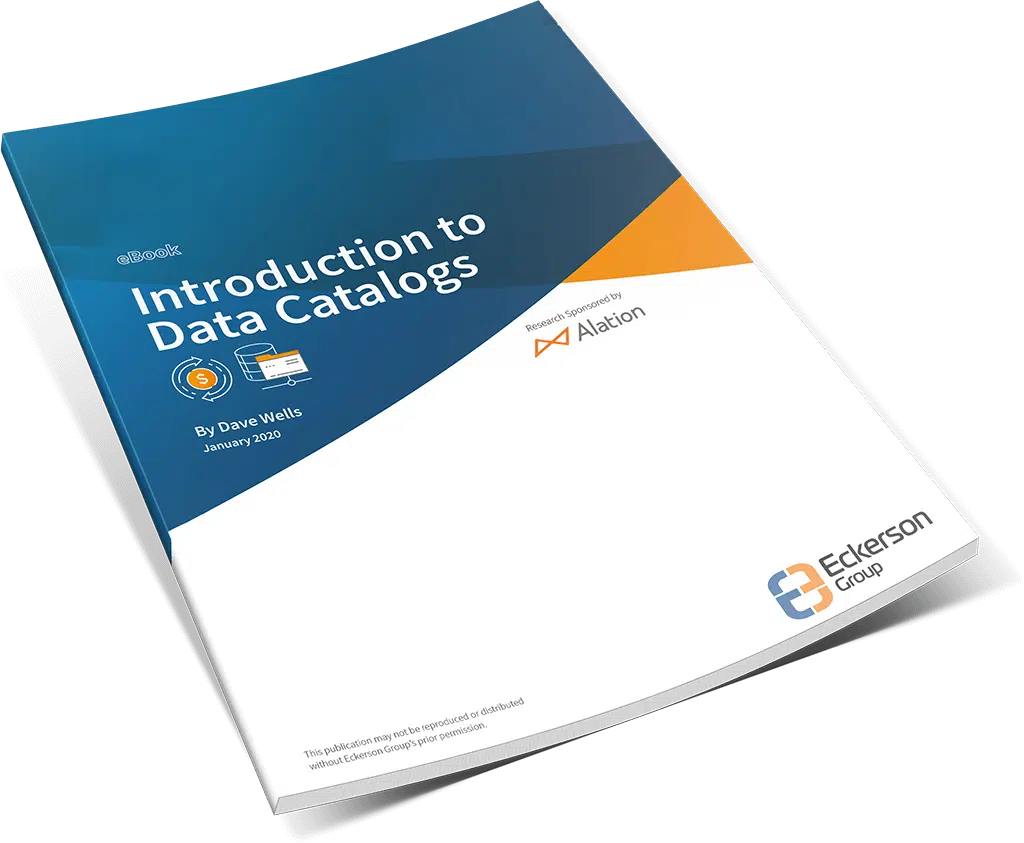The consultants at EC Integrators have first hand experience in the many stages of development of multiple data warehousing and business intelligence projects across several industries. Based on this extensive experience, we are able to recommend solutions into moving onto the next generation business analytics platform. EC Integrators can assist your next generation business analytics programs from start to finish from preliminary assessment to full life cycle development and implementation.
Next Generation Business Analytics
Next Generation Business Analytics

Preliminary Assessment
This assessment can be conducted before, during, or at the end of the project. We will objectively examine your current or proposed business analytics project compared to best practices to ensure success for both your business users and IT department. The assessment will help answer questions such as:
- Who are my stakeholders?
- What’s the best way to proceed?
- How long will it take?
- How many people will be needed?
- What infrastructure needs to be put in place?
- How much will it cost?
- What are the business benefits?
- What is the Return On Investment (ROI)?
The assessment will be conducted across the following components:
- Business and Technical Requirements
- Business and IT teams – roles and skills
- Solution Architecture in terms of data, technology and process
- Project Plan
At the end of the assessment, we will provide the following deliverables and list of recommendations:
- Gap analysis report
- Risk assessment
- Requirements and scope
- Solution architecture and strategy approach
- Project plan and iteration phases
- Resource plan, roles & responsibilities
Project Planning, Scoping and Initial Analysis
This includes:
- Requirement Specifications namely:
- Business requirement specifications
- Functional and non-functional requirement specifications
- Reporting, analytical & data access requirement specifications
- Identification of business users
- Prioritisation of business requirements
- Project Plan
- Resource Plan
Detail Analysis & Design
Detail Analysis & Design is conducted across three key components:
- Data
- Define what data and data sources are needed to meet business user requirements
- Determine the completeness and correctness of source systems that are needed to obtain data
- Identify the data facts and dimensions for aggregation
- Create the logical data models (normalised, star-schema)
- Design the physical data models
- Data Movement
- Validate the business rules
- Map the data sources to target data models for each data stage
- Create the extract, transform and load (ETL) business rule specifications
- Review data quality procedures and reconciliation techniques
- Technology
- Define the data transformation framework
- Create the data stages necessary for data transformation and information access
- Identify technologies available and review options
- Review current technical environment and company’s strategic technical directions
- Recommend technologies to be used to meet business requirements and implementation plan
Solution Architecture
This includes:
- Mapping the business, functional and non-functional requirements to components of the solution
- System and technical architecture
- Development, test and production architecture
- Infrastructure planning
- Tool evaluation
- Vendor evaluation and selection
- Design options and guiding principles
- Capacity specifications
- Storage, backup, recovery and archiving
- Deployment strategy
Development
This includes:
- Set up & install of recommended infrastructure for development, testing and production
- Design & creation of physical databases
- Design & coding of extract, transform, load (ETL) programs and job
- Schedule & create front-end reports and analytical functionality
- Create business friendly data dictionary for ease of data understanding
Testing
This includes:
- Unit test
- System test
- System integration test
- User acceptance test
- Stress & volume test
- Production verification test
Implementation
This includes:
- Operations start up
- Deployment of code, data, jobs, all processes in production
- System administration and operations guide for handover to production support
- Post implementation review
Maintenance & Support
This includes:
- Training and handover of system administration and operations manuals to Production Support for ongoing maintenance
- Provision of trouble shooting document
It is a given that the following activities take place throughout all phases of the project:
- Project management
- Communication and Status Reporting
- Scope and change management
- Quality Reviews
- Knowledge transfer

100% Privacy Guaranteed!